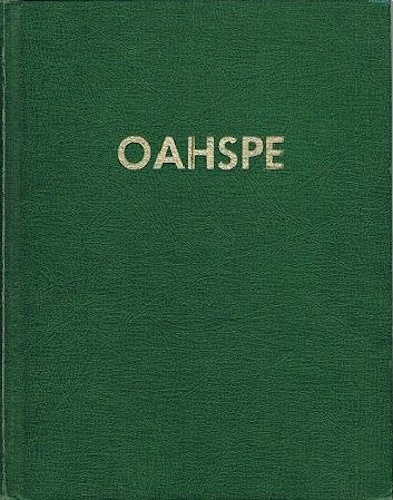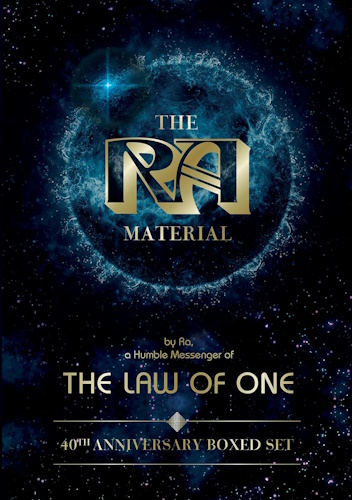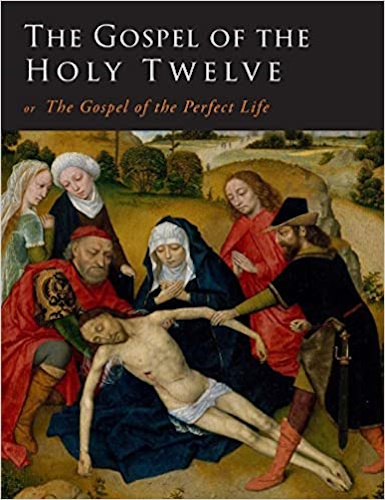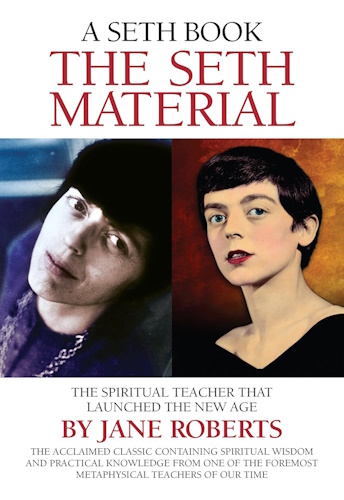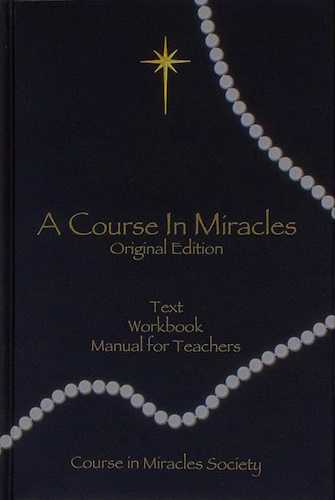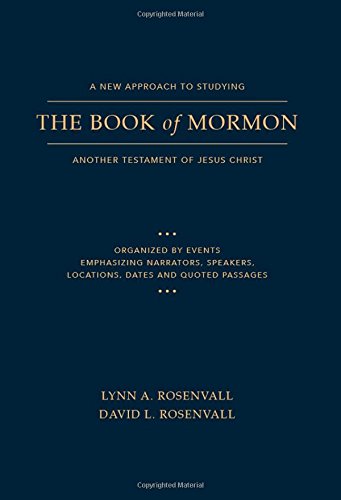
![]()
![]()
Book of the Arc of Bon
Chapter VII
1. WHOEVER is born into the world is in part possessor of the world by fact of his birth. All come into the
p. 475b
world naked and helpless, and they deserve our assistance because of helplessness. To help the helpless is the highest virtue.
2. Two wise men are greater than one; a nation of wise men, what could be greater than this? Yet all men come into the world knowing nothing; to give them great wisdom is to make the nations wise and great. To open the avenues on every side to great learning, this is the foundation for a great kingdom
3. To have the soil tilled, is this not greater than hunting and fishing? To throw the lands open in the east and west, north and south, to the tiller of the soil, this is the foundation of plenty. When the poor and ignorant are supplied with what to eat and to wear, with a place to live, there is little crime, but great virtue; and such are great strength in that kingdom.
4. To hold more land than one can till is to sin against them that have none, who have not wherewith to live or to earn a living. Yea, such a one is an enemy to the nation.
5. There are two kinds of governments: one is government for the government; and the other is government for the people. The latter government the people will endorse, and by their wills make mighty. The former government seeketh to make itself mighty at the expense of the people. Such a government is in the throes of death.
6. To make government and people one, as to prosperity and peace; this is the highest government. For the government to render unto the people bountifully, as to land and water, and as to great learning, and to music, this is the wisest, best government.
7. What man is there that loveth not liberty, the chief of all desires? Can a government abridge this without crippling itself or forfeiting the love and co-operation of its people? To bestow liberty, and maintain it unto all people, this is the greatest good thing a government can do.
8. But who shall say what is liberty, and the end thereof? A man shall not have liberty that offendeth his neighbor, or depriveth him of virtuous livelihood. No man should run naked; nor should a man have liberty to go into another's field and take his harvest. How, then, shall the government take a man's possessions against his will? But he who hath received great
p. 476b
learning will not offend by nakedness, nor by taking that which is another's.
9. What, then, is greater than for a government to bestow great learning on the people? It is not enough to say to the poor: Here is land; feed yourselves. But men of great learning shall be sent amongst them, showing them how to till the soil, and how to build, and to keep themselves pure in soul and body. For great learning is not in the books only; nay, there be men of great knowledge as to books, who are themselves gluttons and debauchees, and bigots, and tyrants, and base authority. Such men have not great learning; in fact, but great vanity.
10. Two kingdoms, lying side by side; in the one are great philosophers and colleges, but the multitude are in want; in the other kingdom there are no philosophers as such, nor colleges; but the multitude have plenty: The latter is a kingdom of greater learning than the former. For of what consisteth great learning, but in knowing how to live wisely? A few philosophers are not a nation, to bestow such knowledge on the people as will enable them to live wisely and be happy to a good old age, this is the labor of the best, great government.
11. It is a common saying that such and such a king is a great king, because, forsooth, he hath founded colleges. And this is no small matter. But how much greater is the king who founded a thousand poor families, and taught them how to live wisely?
12. To make a law to prevent liberty; to bind slaves more rigidly, is to weaken the nation; to weaken the kingdom. For, see ye, a man had ten servants, and they were free; then he bound nine of them with chains, and complained because they served him not well. He was a fool.
13. To labor for one's self at the expense of the state, is to rob the state; to horde up possessions is to rob the poor. What treasure hath any man that he can take out of the world? Better is it to give it whilst one may, for to-morrow we die, leaving it to them that earnt it not.
14. The highest peace is the peace of the soul, which cometh of consciousness of having done the wisest and best in all things according to one's own light. For after all, is not the
p. 477b
earth-life but the beginning, wherein we are as in a womb, molding our souls into the condition which will come upon us after death? In which case we should with alacrity seize upon the passing of time and appropriate it to doing righteous works to one another.
-
Urantia Book, 44:0.11 - The Celestial Artisans
Never in your long ascendancy will you lose the power to recognize your associates of former existences. Always, as you ascend inward in the scale of life, will you retain the ability to recognize and fraternize with the fellow beings of your previous and lower levels of experience. Each new translation or resurrection will add one more group of spirit beings to your vision range without in the least depriving you of the ability to recognize your friends and fellows of former estates.
-
Princess Bride 1987 Wallace Shawn (Vizzini) and Mandy Patinkin (Inigo Montoya)
Vizzini: HE DIDN'T FALL? INCONCEIVABLE.
Inigo Montoya: You keep using that word. I do not think it means what you think it means. -
Urantia Book, 117:4.14 - The Finite God
And here is mystery: The more closely man approaches God through love, the greater the reality -- actuality -- of that man. The more man withdraws from God, the more nearly he approaches nonreality -- cessation of existence. When man consecrates his will to the doing of the Father's will, when man gives God all that he has, then does God make that man more than he is.
-
Urantia Book, 167:7.4 - The Talk About Angels
"And do you not remember that I said to you once before that, if you had your spiritual eyes anointed, you would then see the heavens opened and behold the angels of God ascending and descending? It is by the ministry of the angels that one world may be kept in touch with other worlds, for have I not repeatedly told you that I have other sheep not of this fold?"
-
Urantia Book, Foreword - 0:12.12 - The Trinities
But we know that there dwells within the human mind a fragment of God, and that there sojourns with the human soul the Spirit of Truth; and we further know that these spirit forces conspire to enable material man to grasp the reality of spiritual values and to comprehend the philosophy of universe meanings. But even more certainly we know that these spirits of the Divine Presence are able to assist man in the spiritual appropriation of all truth contributory to the enhancement of the ever-progressing reality of personal religious experience—God-consciousness.
-
Urantia Book, 1:4.3 - The Mystery Of God
When you are through down here, when your course has been run in temporary form on earth, when your trial trip in the flesh is finished, when the dust that composes the mortal tabernacle "returns to the earth whence it came"; then, it is revealed, the indwelling "Spirit shall return to God who gave it." There sojourns within each moral being of this planet a fragment of God, a part and parcel of divinity. It is not yet yours by right of possession, but it is designedly intended to be one with you if you survive the mortal existence.
-
Urantia Book, 1:4.1 - The Mystery Of God
And the greatest of all the unfathomable mysteries of God is the phenomenon of the divine indwelling of mortal minds. The manner in which the Universal Father sojourns with the creatures of time is the most profound of all universe mysteries; the divine presence in the mind of man is the mystery of mysteries.
-
Urantia Book, 1:4.6 - The Mystery Of God
To every spirit being and to every mortal creature in every sphere and on every world of the universe of universes, the Universal Father reveals all of his gracious and divine self that can be discerned or comprehended by such spirit beings and by such mortal creatures. God is no respecter of persons, either spiritual or material. The divine presence which any child of the universe enjoys at any given moment is limited only by the capacity of such a creature to receive and to discern the spirit actualities of the supermaterial world.
-
Urantia Book, 11:0.1 - The Eternal Isle Of Paradise
Paradise is the eternal center of the universe of universes and the abiding place of the Universal Father, the Eternal Son, the Infinite Spirit, and their divine co-ordinates and associates. This central Isle is the most gigantic organized body of cosmic reality in all the master universe. Paradise is a material sphere as well as a spiritual abode. All of the intelligent creation of the Universal Father is domiciled on material abodes; hence must the absolute controlling center also be material, literal. And again it should be reiterated that spirit things and spiritual beings are real.
-
Urantia Book, 50:6.4 - Planetary Culture
Culture presupposes quality of mind; culture cannot be enhanced unless mind is elevated. Superior intellect will seek a noble culture and find some way to attain such a goal. Inferior minds will spurn the highest culture even when presented to them ready-made.
-
Urantia Book, 54:1.6 - True And False Liberty
True liberty is the associate of genuine self-respect; false liberty is the consort of self-admiration. True liberty is the fruit of self-control; false liberty, the assumption of self-assertion. Self-control leads to altruistic service; self-admiration tends towards the exploitation of others for the selfish aggrandizement of such a mistaken individual as is willing to sacrifice righteous attainment for the sake of possessing unjust power over his fellow beings.
-
Urantia Book, 54:1.9 - True And False Liberty
How dare the self-willed creature encroach upon the rights of his fellows in the name of personal liberty when the Supreme Rulers of the universe stand back in merciful respect for these prerogatives of will and potentials of personality! No being, in the exercise of his supposed personal liberty, has a right to deprive any other being of those privileges of existence conferred by the Creators and duly respected by all their loyal associates, subordinates, and subjects.
-
Urantia Book, 54:1.8 - True And False Liberty
There is no error greater than that species of self-deception which leads intelligent beings to crave the exercise of power over other beings for the purpose of depriving these persons of their natural liberties. The golden rule of human fairness cries out against all such fraud, unfairness, selfishness, and unrighteousness.
